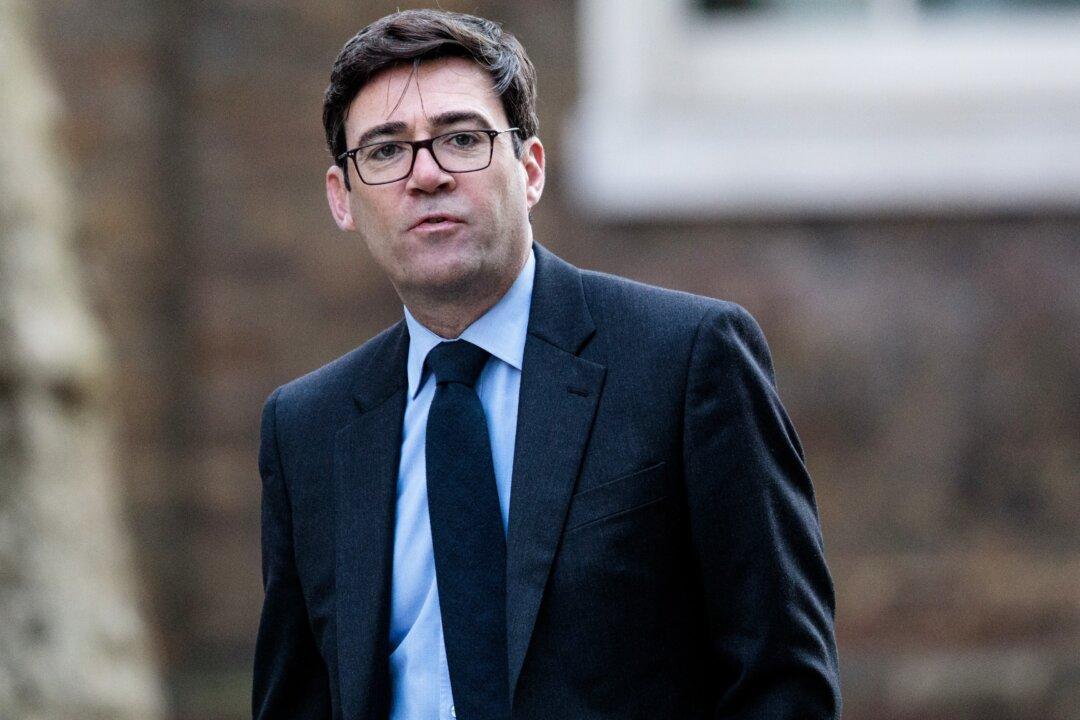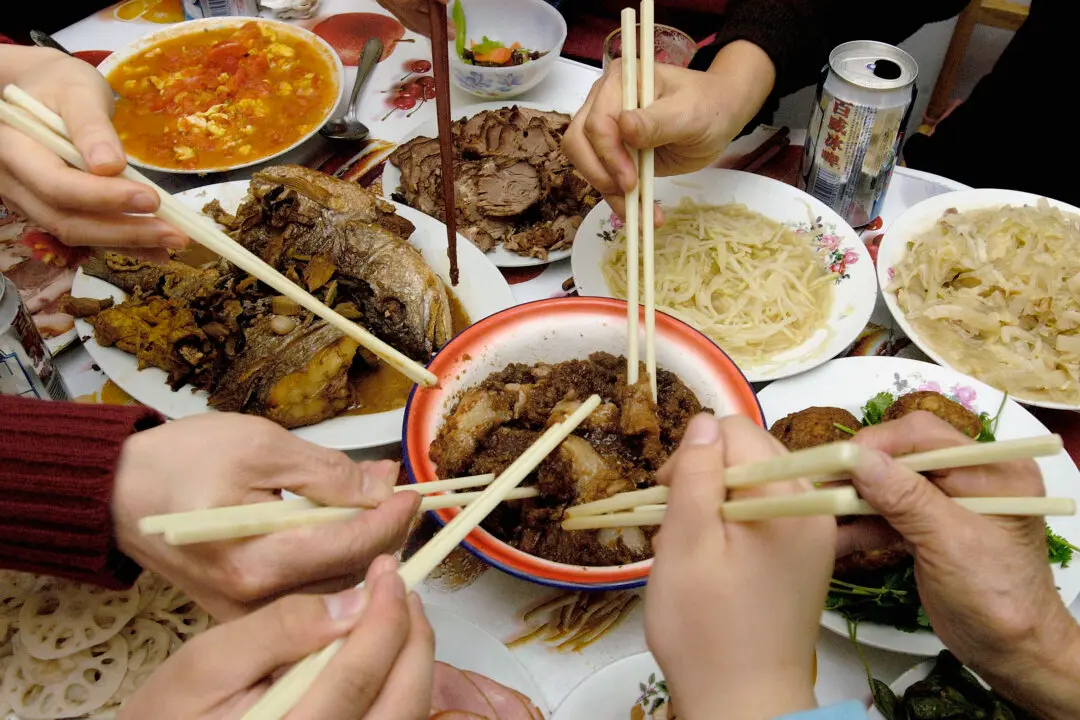The mayor of Greater Manchester on Thursday said local leaders “have unanimously opposed the government’s plans for Tier 3,” which requires closure of pubs and bars, unless the government provides “proper compensation” for affected workers and businesses.

Mayor of Greater Manchester Andy Burnham arrives at Number 10 Downing Street in London, on April 1, 2019. Jack Taylor/Getty Images
|Updated:




